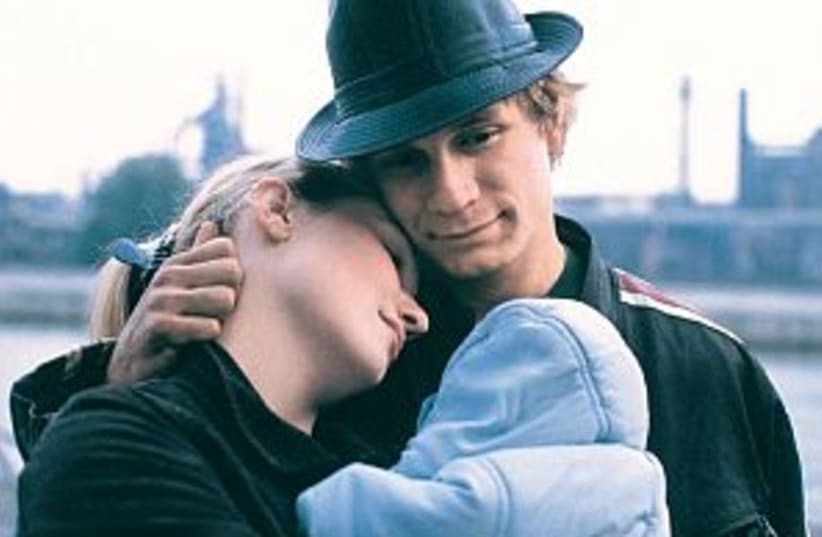| More about: | Dardenne brothers, Cannes Film Festival, Hebrew language |
Brokering for baby
It's not a movie with dazzling cinematography, seeing it is like looking at a great painting.


| More about: | Dardenne brothers, Cannes Film Festival, Hebrew language |